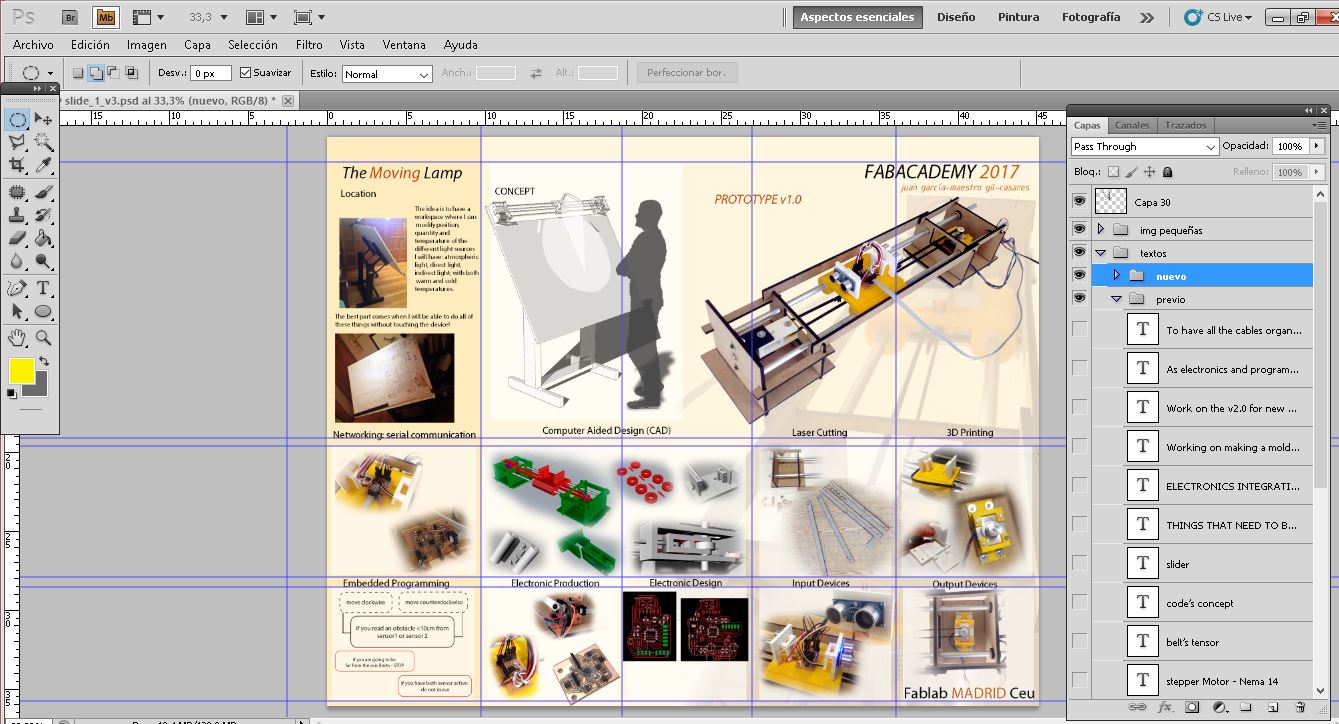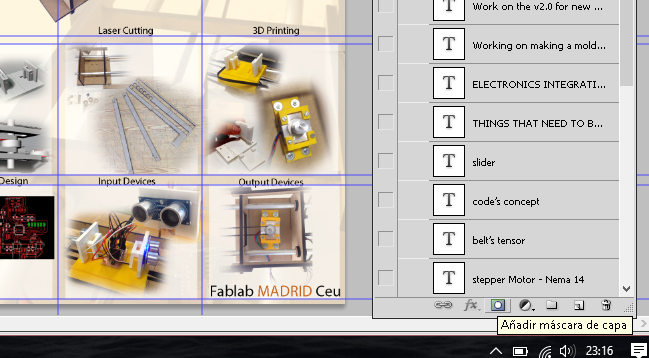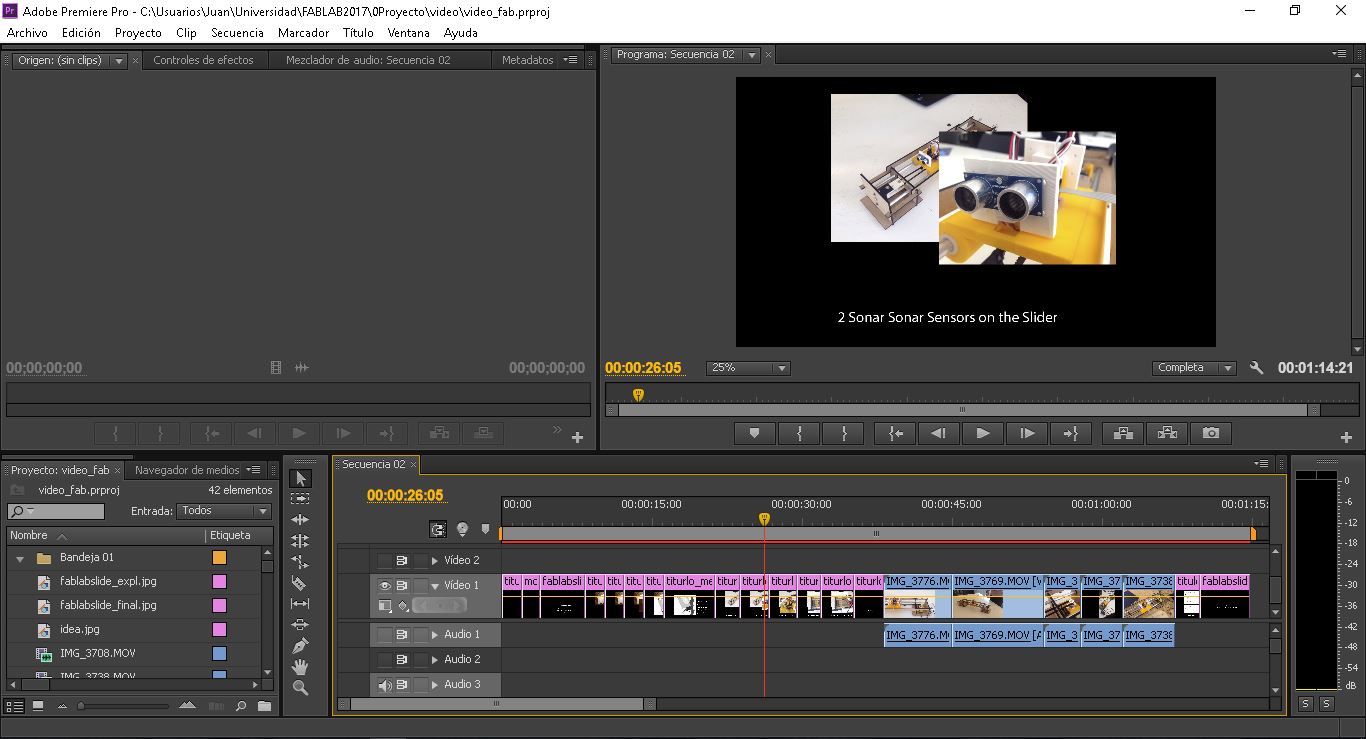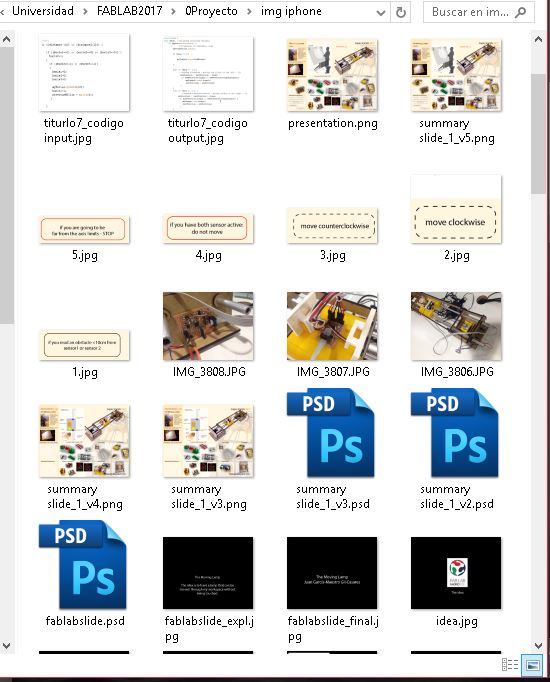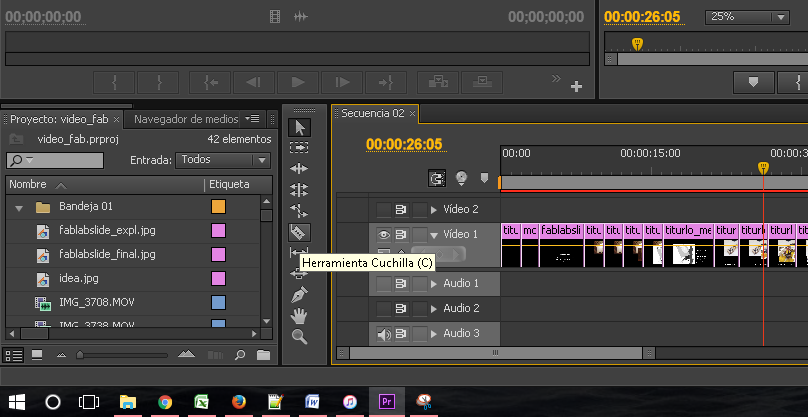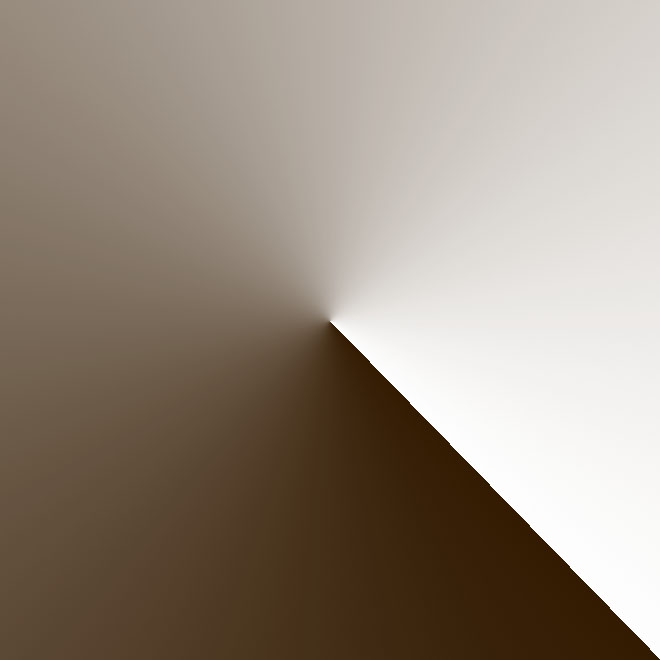2. Summarise 2 Kinds
I am going to investigate deeply Copyright and Open-Source (Creative Commons) and see which one of them fits best to my project.
Creative Commons Licences- Open-Source:
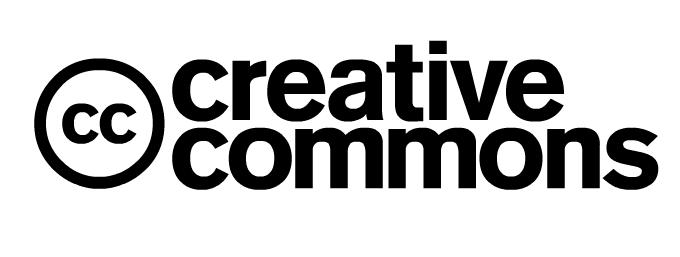
It is a licence that lets anybody in the world to reproduce, modify, distribute, perform and display the work without any commercial purposes.
The only obligation is to give attribution to its author.
It has 4 types of licence, by default is the first one:
-Attribution: your work can be used by anyone by giving you credit the way you request, by asking you permission first.
-Attribution: your work can be used by anyone by giving you credit the way you request, by asking you permission first.
-Non-Commercial Licence: anybody can use it without any commercial purposes, except if they ask you first.
-No Derivatives: You let others copy, distribute, display and perform only original copies of your work. If they want to modify your work, they must get your permission first.
Important:
no one can have an exclusive licence.
Copyright
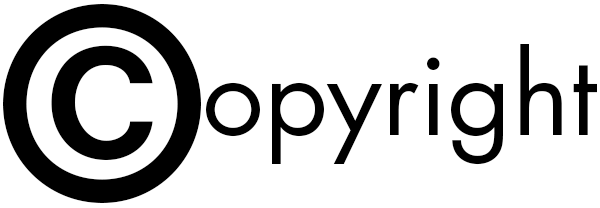
Copyright gives the author the essential rights for creative work:
-reproduction,
-modification,
-distribution,
-performance,
-displaying,
of the piece that has been protected.
If someone want to do anything of the above, they must contact the author and ask for permission.
Register process of an authentic work:
It is not necessary to register to obtain the copyright, the only obligation someone has in this situation is to add a © to the work being published. Both way you will be able to claim that is yours, you can go to court.It has a good value commercially, and the author may have an exclusive deal with anyone (contrary to a CC licence).
As my Final Project is a non-profitable a does not have a commercial purpose, the best licence is to have a Creative Commons Non-Commercial Licence so anyone can have access to it and learn all the lessons I have done while making it, crediting for my creation.
